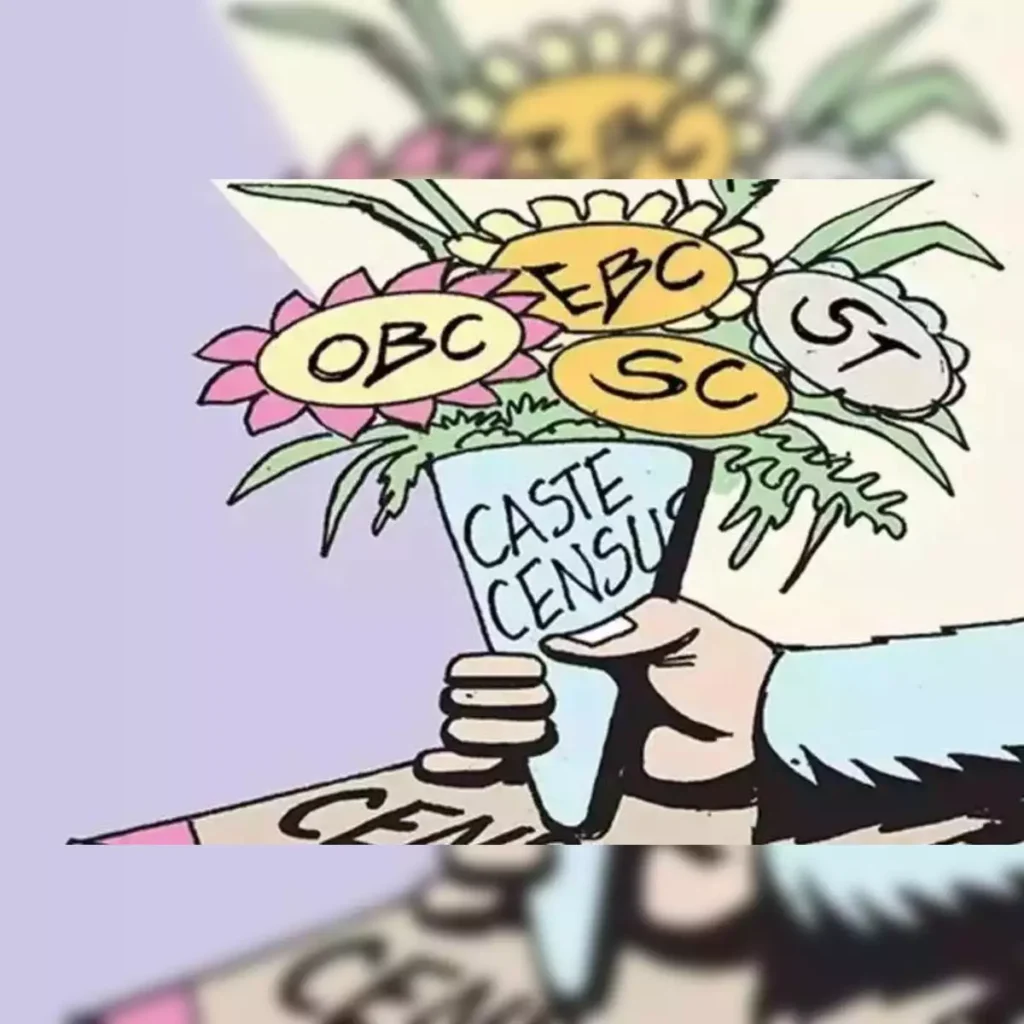Muslims among backward castes account for 10.08% of the state’s population
Team Clarion
HYDERABAD – A recent caste-based survey in Telangana has revealed that the Other Backward Classes (OBCs), excluding Muslim minorities, make up 46.25% of the state’s total population, making them the largest demographic group in the state. The survey, conducted by the State Planning Department, also indicated that Scheduled Castes (SCs) represent 17.43%, Scheduled Tribes (STs) account for 10.45%, and Muslims in backward categories comprise 10.08%, with backward Muslims specifically constituting 2.48% of the population.
The findings were presented to the Cabinet sub-committee under the leadership of State Civil Supplies Minister, N Uttam Kumar Reddy. The report will be placed before the state cabinet for discussion on Tuesday (February 4).
“This survey and the process of preparing the report represent a significant milestone for Telangana. It will be remembered as a crucial step in shaping the state’s future social and economic policies,” Minister Uttam Kumar Reddy said.
The survey’s population data highlights that SCs total 6.18 million, while STs make up 3.7 million. The backward classes, excluding Muslim minorities, number 16.4 million, while backward Muslims account for 3.57 million. Muslims from the open category (OC) account for 880,424 individuals.
“Muslims in Telangana constitute 12.56% of the state’s population,” stated Minister Reddy. He also mentioned that the state had conducted a survey of 1.12 crore households out of the total 1.15 crores in Telangana, with 96.9% of the population included. However, about 16 lakh individuals (3.1% of the population) were not included, either due to their unavailability or the decision to opt out of the survey.
The survey, which began last November and was completed within 50 days, aligns with Congress leader Rahul Gandhi’s promise to conduct a comprehensive socio-economic, employment, political, and caste-based survey during the elections. Minister Reddy termed the report a “historic achievement” for the Telangana government, emphasising its role in shaping policies for the state’s future.
As part of the state’s ongoing efforts to uplift backward Muslim communities, Telangana continues to extend reservations for backward Muslims within the Backward Classes category. This provision aims to address socio-economic inequalities and ensure greater representation in education, employment, and politics.
The detailed caste-based survey data offers a clearer picture of the demographics in Telangana, shedding light on the distribution of different social groups and providing valuable insights to guide future government policies.

